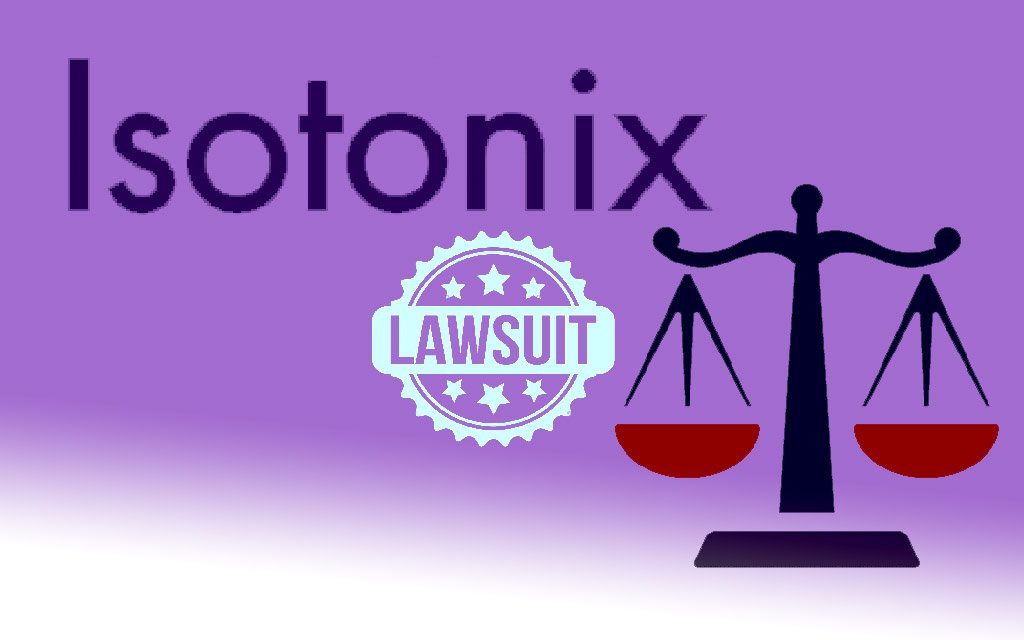Home cleaning services have become essential for busy households. Many consumers turn to platforms like Homeaglow for reliable cleaning professionals. Recent legal issues have put the company under scrutiny. The Homeaglow lawsuit has raised concerns about worker rights, service transparency, and customer satisfaction. Consumers and workers need to understand the key issues in this case.
Allegations Against Homeaglow
The lawsuit against Homeaglow has sparked debates about labor practices in the gig economy. Many workers claim unfair treatment and lack of proper compensation. Legal experts suggest the case could influence how similar platforms operate.
Misclassification of Workers
Plaintiffs argue that Homeaglow misclassifies cleaners as independent contractors. This classification denies workers benefits like health insurance, paid time off, and job security. Many workers claim they function more like employees but lack essential protections.
Gig economy platforms often use independent contractor models to reduce costs. This strategy avoids traditional employer responsibilities. Courts will determine whether Homeaglow improperly classified its workers. A ruling against the company could lead to industry-wide changes.
Unpaid Wages and Hidden Fees
Many workers report not receiving full payment for services rendered. The lawsuit alleges that Homeaglow deducts hidden fees from cleaners’ earnings. Some workers claim they receive less than the advertised rate due to undisclosed charges.
Transparency in payment structures is crucial for worker trust. Many workers rely on accurate earnings projections to plan finances. Lawsuits like this push companies to disclose pay structures clearly and fairly.
Deceptive Marketing Practices
Customers claim Homeaglow misrepresents the quality and reliability of its services. Some allege that cleaners are not properly vetted, leading to inconsistent service quality. Others report unexpected charges and difficulty canceling services.
Consumers expect transparency when booking services. If companies fail to provide honest marketing, trust erodes. Courts will examine whether Homeaglow’s advertising misleads customers.
Homeaglow’s Response to Allegations
The company remains firm in its stance that its business model is legal and fair. Homeaglow emphasizes that its platform connects cleaners with customers and does not directly employ workers. Despite the lawsuit, the company defends its operations.
Read also: White Oak Global Advisors Lawsuit: Key Facts and Impacts
Defending Worker Classification
Homeaglow argues that its cleaners operate as independent business owners. The company asserts that workers set their schedules and accept jobs voluntarily. Representatives claim that flexibility benefits workers.
Gig economy businesses often defend worker classification models. Courts will determine whether this model aligns with legal employment standards. A ruling against Homeaglow could set a precedent for similar companies.
Addressing Payment Concerns
Homeaglow states that all fees and earnings structures are transparent. The company argues that workers receive clear breakdowns of their pay. Representatives claim deductions are part of standard platform fees.
Many gig workers struggle with unclear earnings breakdowns. Platforms must ensure workers fully understand how much they will take home. Transparency remains key in avoiding future disputes.
Ensuring Service Quality
Homeaglow insists that its vetting process for cleaners is thorough. The company maintains that customer satisfaction remains a priority. Despite complaints, Homeaglow claims most users have positive experiences.
Customer trust depends on reliable service and consistent quality. If allegations of misrepresentation persist, Homeaglow may need to revise its screening processes. Consumer lawsuits can push businesses to adopt stronger quality control measures.
Consumer and Worker Reactions
The lawsuit has led to increased scrutiny of gig work platforms. Both consumers and workers are concerned about fairness, transparency, and accountability. The case could encourage stronger regulations and policy changes.
Growing Distrust in Gig Economy Platforms
Many workers feel gig platforms prioritize profits over worker well-being. Customers also feel misled by unclear service terms. The lawsuit may prompt users to seek alternative cleaning services.
Platforms must maintain a balance between business efficiency and ethical treatment. Losing consumer and worker trust can significantly impact long-term success.
Calls for Better Regulations
Advocates push for stricter labor laws to protect gig workers. Many believe companies like Homeaglow should provide benefits and fair wages. Government agencies may impose new rules if similar lawsuits increase.
Regulatory changes can redefine the gig economy landscape. Companies must adapt to avoid future legal challenges.
Legal Implications for the Gig Economy
This lawsuit could set an important precedent for gig-based businesses. Legal rulings may determine if gig workers deserve employee benefits. A decision against Homeaglow could impact similar service platforms.
Increased Oversight on Worker Classification
Governments may enforce stricter classification laws for gig workers. If courts side with workers, companies must adjust employment structures. Future rulings could reshape how independent contractor models operate.
Companies that misclassify employees risk severe penalties. Adjusting classification models may increase business costs but improve worker satisfaction.
Higher Standards for Consumer Protection
Lawsuits like this push companies to improve transparency. Consumer protection agencies may introduce stricter rules for service-based platforms. Companies must ensure clear pricing, reliable vetting, and honest advertising.
Customers deserve truthful service descriptions. If businesses fail to provide clarity, they risk lawsuits and reputational damage.
How Consumers and Workers Can Protect Themselves
Workers and customers must take proactive steps to avoid disputes. Understanding rights and service policies can help prevent issues.
Reviewing Payment and Contract Terms
Workers should review platform policies before accepting jobs. Consumers must read service agreements carefully. Knowing terms helps prevent misunderstandings about earnings and fees.
Legal experts recommend keeping records of transactions. Documenting interactions with platforms can support future claims. Awareness ensures fair treatment in service-based industries.
Choosing Reputable Alternatives
Consumers can research alternative cleaning services with better reviews. Workers can seek companies offering fair wages and benefits. Comparing options helps find ethical and reliable businesses.
Trusted third-party reviews provide insights into company credibility. Verifying customer experiences ensures informed decision-making.
Conclusion
The Homeaglow lawsuit highlights critical issues in gig economy platforms. Worker classification, wage transparency, and service quality remain key concerns. Consumers and workers must stay informed to make the best choices.
Regulatory bodies may introduce stricter employment laws. A ruling against Homeaglow could reshape the gig economy. Companies must prioritize fairness, transparency, and ethical business practices to maintain trust.


